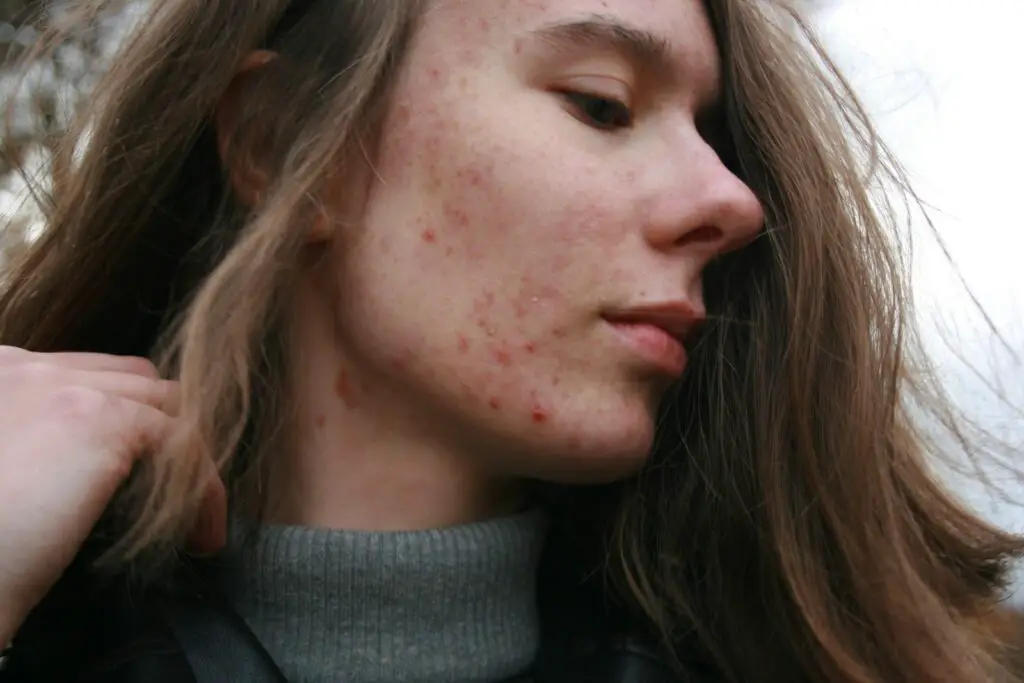Acne is a common skin disorder that is caused by inflammation of pores at the surface of the skin. Generally, it is a fairly common event during adolescence right into young adult years. It ranges from mildly disappointing red lumps to deeply disfiguring cysts that could leave scars.
Acne occurs when there are visible hints of oil and dead skin cells that block the hair follicles. The inflammation results in the formation of papules, comedones, and cysts. Though there are a lot of acne treatments, finding the best remedy is certainly time – and effort-consuming. For these reasons, different ways of better management and treatment for acne are as follows:
Understanding Acne
Before treating any solution, it is first necessary to learn about the types of acne. The main types include:
- Comedonal Acne – It includes open blackheads, closed whiteheads, and comedones.
- Inflammatory Acne – Comprises of papules and pustules; these are red and inflamed.
- Cystic Acne – This is the severest sort of acne. They are painful cysts that are shaped beneath the skin.
Since different types of acne may require personalized treatment, consulting a dermatologist for acne near me can help identify the right solution based on your skin condition. All of these forms of acne might require some other form of treatment, too.

Treatment for Acne
· Oral Medications
In the case of more serious kinds of acne, doctors advise oral medications. These range from antibiotics to reducing bacteria and inflammation and hormonal treatments. These for women may include birth control pills because of the regulation of the hormones that fire up acne.
· Lifestyle Changes
This would help in controlling and improving acne. It includes a healthy diet with more fruits and vegetables, ample intake of water, and control over stress through exercises or mindfulness practices. Changing to good hygiene-which includes washing the face but not over-cleaning, may also help fight acne.
· Professional Treatments
Treatments available by a dermatologist for acne near me may also be effective options for treating acne. These include chemical peels, laser therapy, or microdermabrasion that serve to peel away dead skin cells, reducing scarring. These treatments reach deeper skin layers, stimulating healing and thereby discouraging further outbreaks.
· Home Remedies
Some people also use home remedies for acne as ancillary treatments. They use everything from tea tree oil diluted to honey masks or aloe vera gel. These tend to have some effectiveness due to their anti-inflammatory and antibacterial effects, though most scientific evidence regarding this is minor compared to medical treatments.
Overall, the perfect acne treatment, whether it be based on skin type, severity of the skin condition, or root cause, is complex to find. Acne may be in the form of whiteheads or blackheads. It can also be papules, pustules, nodules, and cysts. Each may need a very different kind of treatment.
Understanding your type of acne will help you to take the right treatment measures. It is also important to watch your daily hygiene to prevent the development of acne. Other than that, you can take oral medications, professional treatments, or home other home remedies.
MindOwl Founder – My own struggles in life have led me to this path of understanding the human condition. I graduated with a bachelor’s degree in philosophy before completing a master’s degree in psychology at Regent’s University London. I then completed a postgraduate diploma in philosophical counselling before being trained in ACT (Acceptance and commitment therapy).
I’ve spent the last eight years studying the encounter of meditative practices with modern psychology.
